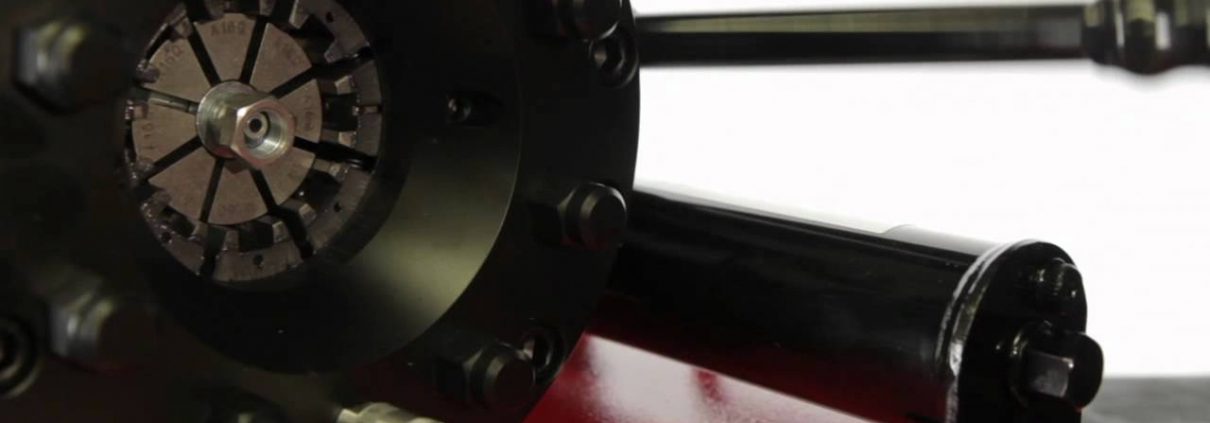Sorry I Do Not Speak Hydraulics
Sorry I don’t speak hydraulics…
On reflection, most of the tiny hurdles that stand between you, the newbie, and you, the knowledgeable employee who, a few months down the line, is clapped and cheered every morning as you enter your place of work (does this not happen to other people?) relate to the simplest of workplace customs such as understanding the finer balances of interpersonal relations, finding out who knows how the printer works and to learning how often to offer to make everyone else a hot drink.
In the right environment, feeling like you belong shouldn’t take much time at all, but sounding like you belong might take a little longer…
As with every industry, the hydraulic hose crimping industry has its own technical language, a combination of highly specific terms and well-established jargon to set it apart. In fact, I’d say that our industry sits even further apart in that the subject itself is so niche, yet in many cases there is no standardisation in terminology, meaning that a relatively fixed list of equipment is referred to by any number of names and combinations of descriptions.
At Hydralok, most of us speak two or three languages meaning that we’ve had to tackle these linguistic technical difficulties on several fronts, often with quite interesting results.
The translation for ‘die set’ brings up some good examples. Whilst ‘jeu des mors’ in French, which translates as ‘set of jaws’, just about makes sense, I only initially knew the Spanish equivalent, ‘mordaza’, to mean ‘gag’, as in ‘ley mordaza’ or ‘gag rule’. When a South American customer asked for eight female greyhounds for their swaging machine, I was even more confused. It turns out ‘galga’ – which does indeed translate at ‘female greyhound’ – can also mean ‘die set’ and is also the name of a species of yellow ant in Honduras. This was also news to me, but I imagine that all the Spanish-speaking myrmecologists* out there probably already knew that.
Ever fashion-conscious, French hydraulic engineers even have hydraulic skirts or ‘jupes hydrauliques’. Whilst the mind boggles at the potential applications of hydraulic clothing, that doesn’t quite tell the whole story. ‘Jupe’ is the French word for ‘ferrule’, which I suppose makes perfect sense if you were to think of a hydraulic hose as a pair of human legs. Even so, I’d say that if it takes more than 100 tonnes of crimping force to get your skirt on securely, it’s almost definitely too small. The word in French for the main part of the machine, the ‘head’ in English, is ‘cloche’, which translates literally as ‘bell’ and prompted a bit of confusion the first time we heard it in the office – the word, not the bell.
Across France and Spain, a quite common translation of ‘hose’ is ‘flexible’ (say it in the French-est or Spanish-est accent you can). However, if you’ve ever tried bending one of these hydraulic hoses, you’ll likely agree that ‘flexible’ is the last word you’d use to describe them!
Almost no matter the description, with a healthy mix of determination and good humour, we always manage to decipher even the most uncommon technical requests. After all – and I don’t want to jinx it – to this day we still haven’t sent any customer a box of eight yellow Honduran ants or a brand new replacement bell.
*Specialists in the study of ants
Daniel Keevill
Logistics and Sales Coordinator
www.hydralok.net



